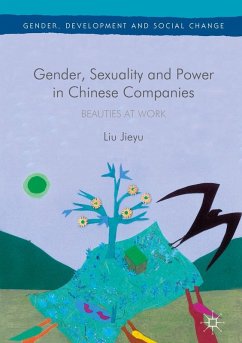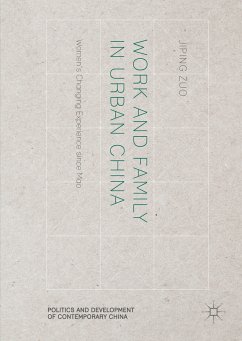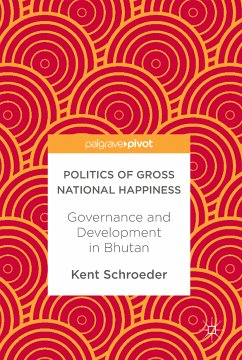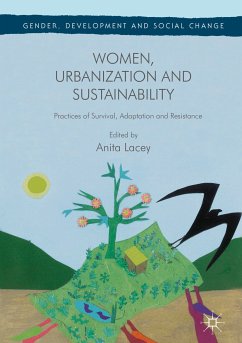
Gender, Sexuality and Power in Chinese Companies (eBook, PDF)
Beauties at Work
Versandkostenfrei!
Sofort per Download lieferbar
72,95 €
inkl. MwSt.
Weitere Ausgaben:

PAYBACK Punkte
36 °P sammeln!
This book offers the first ethnographic account of the experiences of highly educated young professional women, hailed by the Chinese media as 'white-collar beauties'. It exposes the organizational mechanisms - naturalization, objectification and commodification of women - that wield gendered and sexual control in post-Mao workplaces. Whilst men benefit from symbolic and bureaucratic power, women professionals skilfully enact indirect power in a game of domination and resistance. The sources of women's subversion are grounded in their only-child upbringing which breaks the patrilineal base of ...
This book offers the first ethnographic account of the experiences of highly educated young professional women, hailed by the Chinese media as 'white-collar beauties'. It exposes the organizational mechanisms - naturalization, objectification and commodification of women - that wield gendered and sexual control in post-Mao workplaces. Whilst men benefit from symbolic and bureaucratic power, women professionals skilfully enact indirect power in a game of domination and resistance. The sources of women's subversion are grounded in their only-child upbringing which breaks the patrilineal base of familial patriarchy fostering an unprecedented ambition in personal development, gender as inherently relational and a role-oriented system, and inner-outer cultural boundaries as signifiers of moral agency. This raises a new feminist inquiry about the agents for social change. Through a nuanced analysis grounded in the socio-cultural locality, this book throws fresh light upon the ways in which gender, sexuality and power could be theorized beyond a Euro-American reality.
Dieser Download kann aus rechtlichen Gründen nur mit Rechnungsadresse in A, B, BG, CY, CZ, D, DK, EW, E, FIN, F, GR, HR, H, IRL, I, LT, L, LR, M, NL, PL, P, R, S, SLO, SK ausgeliefert werden.












